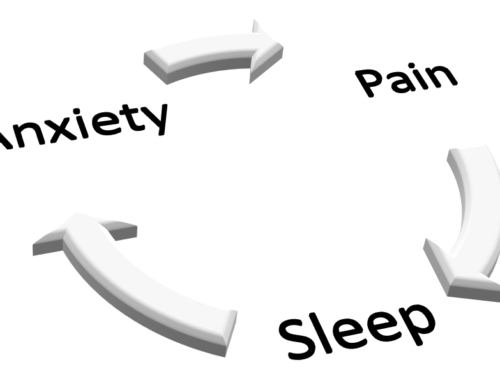There can be several reasons you are cold or hot more than the people around you. One of those reasons can be your thyroid. If your thyroid is underactive, you could have hypothyroidism.
Normally, your body has this ingenious feedback loop that keeps your thyroid hormone levels just right. The two key hormones produced in your thyroid are triiodothyronine (T3) and thyroxine (T4). When these are at the correct levels, your thyroid stimulating hormone (TSH) controls their production. When more is needed, it stimulates more. When no more is needed, it does not stimulate more.
Hypothyroidism
The most common thyroid medical condition is hypothyroidism, or an underactive thyroid. In this case, the TSH keeps going up and up but the needed amounts of extra T3 and T4 are not produced.
Some of the common symptoms of hypothyroidism are:
- feeling cold all the time
- feeling sluggish or tired
- brittle nails and hair
- weight gain
The most common and very effective treatment for hypothyroidism is levothyroxine. A common brand name is Synthroid. It is T4 that is given to replace the T4 your thyroid is no longer producing. Giving T4 in this form is enough to bring your TSH back to normal levels. It is not necessary to take both T4 and T3; several studies have now demonstrated this. Each dose has a different color. This helps you and your prescriber keep track of exactly what dose you are taking.
When you are first started on levothyroxine, your prescriber will probably have you get blood drawn to check your TSH about 2 months after you start therapy, every 3-6 months until your dose has your TSH right in the goal range, then it will be checked at least yearly. It is common for your dose to change several times, in the first year especially, until the correct dose is identified to keep your TSH at the target level.
When you take levothyroxine, you should take it either first thing in the morning about an hour before breakfast or at the last part of your day at least 3 hours after your last meal. There are several foods and other medications that can interact with levothyroxine. Keeping it separated from your other medicines and meals helps to avoid these interactions.
Note, you especially to do not want to take it near milk or other dairy products, vitamins, or some cholesterol medicines. Taking levothyroxine too close to some of these foods and medicines can make the levothyroxine less effective.
A common question is about brand versus generic when taking levothyroxine. Either is truly fine. What you don’t want to do is switch back and forth. There can be a very tiny variance (2.5%) between medicine made by different manufacturers. For most medicines that makes no difference. Levothyroxine is a ‘narrow therapeutic index’ medication. This means the range from too little to too much is very small. So, the tiny variation between products can make a difference. I recommend generic, but ask your pharmacist to always give you the generic from the same manufacturer.
If you suspect you might be hypothyroid, please talk with your doctor. The most common age to be diagnosed with hypothyroidism is in your 40’s and 50’s, but it can be identified at younger or older ages.
For more information about your thyroid and medications to treat thyroid conditions, contact us at www.medsmash.com.
For more application, check out my personal blog.
Image Source: National Library of Medicine; National Institutes of Health; U.S. Department of Health and Human Services




